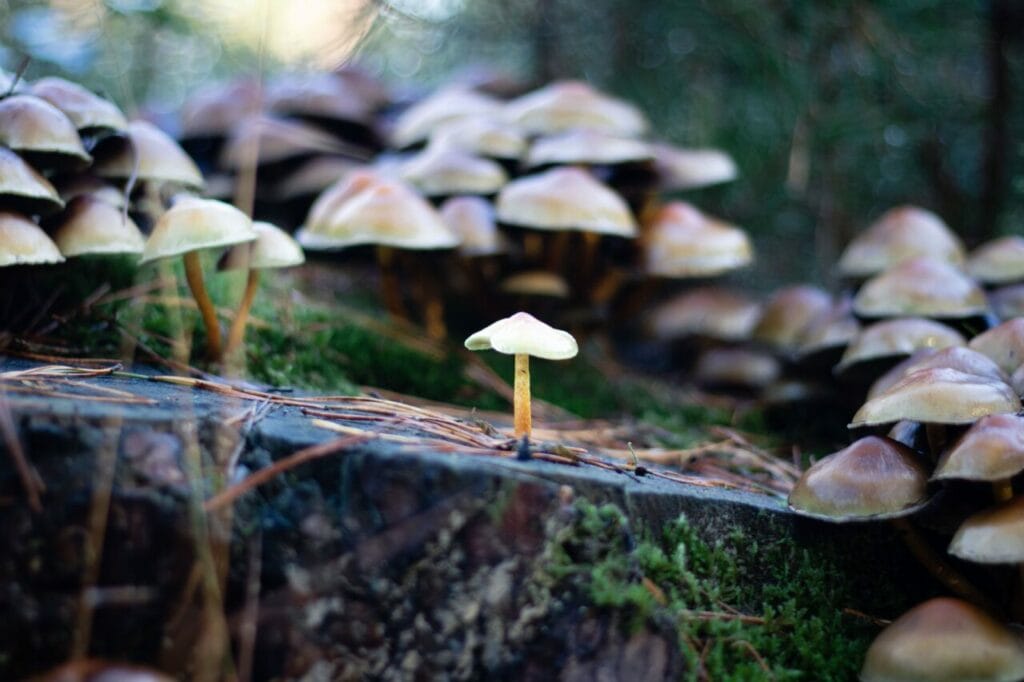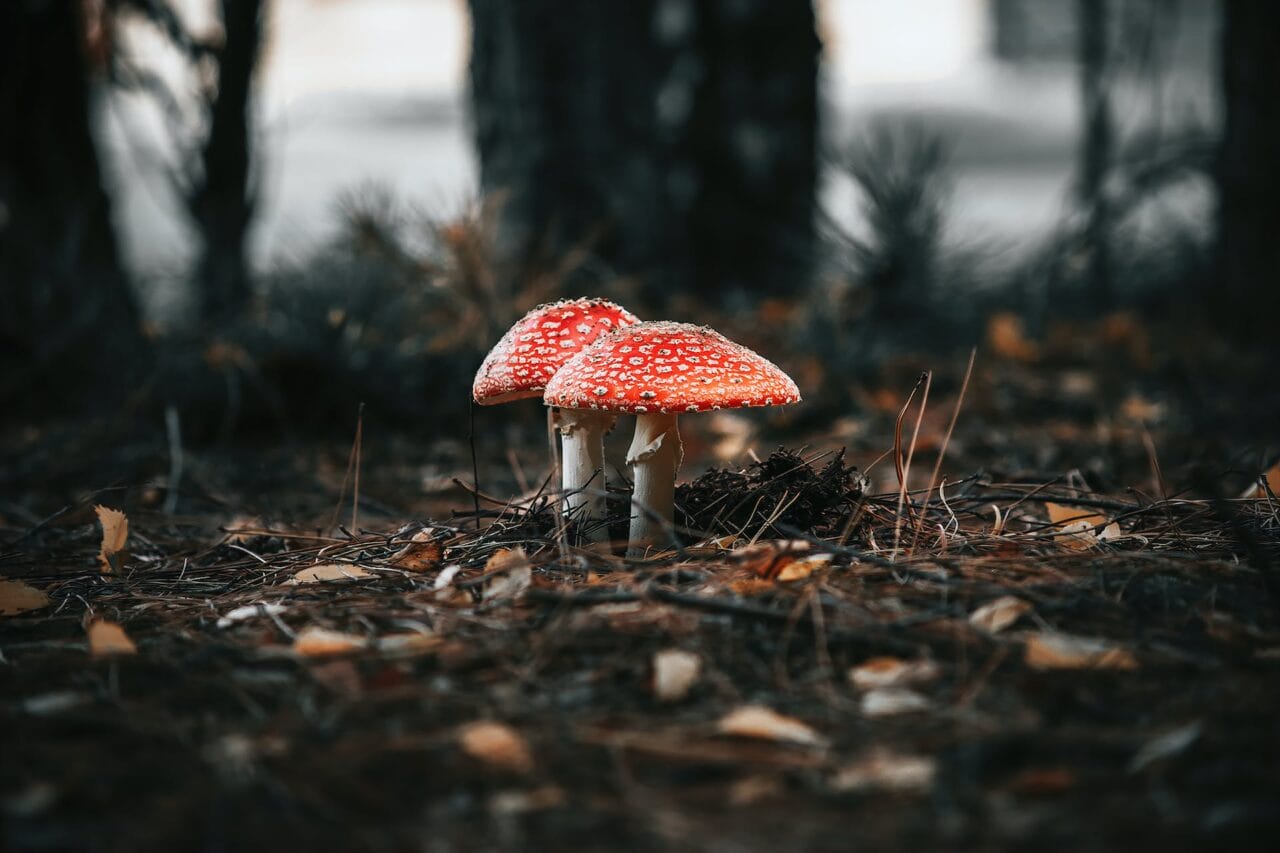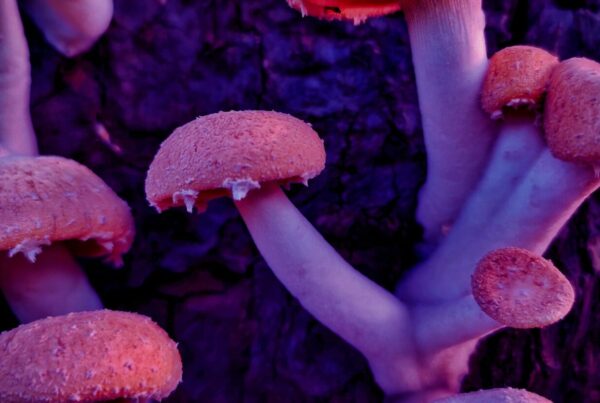The increasing curiosity surrounding psilocybin is fueled by research into its potential mental health benefits, such as alleviating anxiety and addiction. However, despite the growing interest, accessing psilocybin remains a challenge. Both laboratories and shroom delivery services that supply magic mushrooms are limited, and the costs are often high.
This article delves into the evolution of psilocybin, its current status, and the potential benefits it can offer to those seeking help.
[toc]Key Points:
- Growing mushrooms requires considerable effort and careful monitoring to avoid contamination during the inoculation process.
- Psilocybin creates a psychedelic experience by interacting with different brain areas, especially the serotonin receptors.
- Psilocybin only slightly increases the heart rate, which returns to normal shortly after ingestion, and generally does not cause any other negative effects.

Delivering Only the Finest Quality Magic Mushrooms
Magic mushrooms naturally grow in diverse environments, including manure-rich pastures, leafy temperate forests, grasslands, and woodlands. Throughout history, people have ventured into these areas to collect these fungi for medicinal purposes or to use them in spiritual and religious ceremonies.
Traditional Method
Currently, the ancient practice of mushroom foraging has diminished, likely due to the rise of alternative methods like cultivation or the option to buy magic mushrooms online.
Mushrooms gathered from the wild are typically less potent than those grown in labs under controlled conditions. Plus, there’s a risk of accidentally picking a poisonous species when foraging in the wild.
Modern Method
The shroom production process begins with a complex procedure that is necessary for raising spores to maturity. This meticulous method requires a
Meticulous care and ample time are invested to prevent any potential contamination during the inoculation phase. Upon reaching harvest readiness, the mushrooms are typically dried by labs or cultivators to prolong their shelf life. Fresh mushrooms have a lifespan of a few days, in contrast, dried ones can be stored for several months, even up to a year.
Manufacturers transform dried mushrooms into a range of products, including microdose capsules, edibles, tinctures, and beverages. These are then distributed across Canada through magic mushroom delivery services.
Exploiting the Advantages of Psilocybe Cubensis or Magic Mushrooms
Researchers conduct clinical trials on mushrooms primarily to explore their impacts on mental health and mood disorders, based on anecdotal evidence. A multitude of studies are carried out on these effects, from microdosing with capsules to mushroom trips using dried mushrooms or chocolate edibles.
Psilocybin, when consumed, metabolizes into psilocin. This substance behaves similarly to serotonin, a neurotransmitter crucial for mood regulation. It interacts with several brain areas, particularly serotonin receptors, triggering a psychedelic experience.
People undergoing psilocybin therapy often report profound changes that go beyond mere sensory amplification and visual modifications. These experiences can lead to a significant alteration in self-perception and a deep transformation in personal outlook, often marked by profound insights.
Depression and Suicidal Ideation
A study published in the Journal of Psychopharmacology explored the impact of a psychedelic experience on individuals battling depression and suicidal thoughts. Most participants deemed their psilocybin experience as highly valuable and underscored its potential influence on their lives. Such levels of satisfaction, given the crucial role of patient engagement in mental health treatments, could boost therapy effectiveness.
Safety Profile
Apart from studying the impact of psilocybin on depression and anxiety, researchers also examine its safety profile. As per a study in JAMA Psychiatry, individuals administered psilocybin showed a slight elevation in heart rate and blood pressure two hours post-ingestion. However, further analysis utilizing Holter monitoring revealed no significant rise in the risk of cardiac arrhythmias in the psilocybin group compared to the niacin group. The study also found
No significant psychological distress was observed among users.





